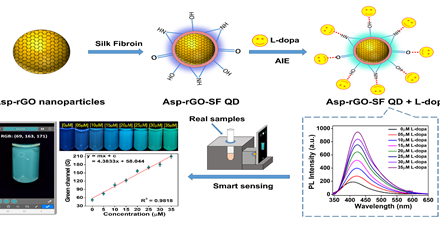Researchers have made a significant breakthrough in cancer treatment by demonstrating that a specially designed “mini-protein” can deliver targeted radiation doses directly to tumor cells, leaving healthy tissue unharmed. This promising development, presented at the 36th EORTC-NCI-AACR Symposium on Molecular Targets and Cancer Therapeutics in Barcelona, Spain, could lead to more effective and safer cancer therapies.
The mini-protein, named AKY-1189, is a radiopharmaceutical that specifically targets a protein called Nectin-4, commonly over-expressed in a variety of cancers, including bladder, breast, lung, and colorectal cancers. In up to 90% of patients with these solid tumors, Nectin-4 is found in abundance on the surface of tumor cells, making it an ideal target for treatment.
Professor Mike Sathekge, Head of the Nuclear Medicine Department at the University of Pretoria and Steve Biko Academic Hospital, South Africa, led the study. His team successfully demonstrated that AKY-1189 could seek out cancer cells and deliver a therapeutic dose of Actinium-225, a radioactive element, directly to the tumors. “This is the first time we are seeing a completely new technology used for targeted radiation,” said Prof. Sathekge. “A small protein made to seek out Nectin-4 was used to take radiation directly to the tumor.”
Promising Results in Multiple Cancers
The study involved 20 patients with metastatic cancers, including bladder, breast, cervical, colorectal, and lung cancers. After receiving a single injection of AKY-1189, patients underwent imaging scans to assess the mini-protein’s ability to target and deliver radiation to the tumors. The scans showed that AKY-1189 successfully localized the tumors, with substantial uptake of radiation observed in cancerous tissues. Importantly, normal tissues were spared from radiation exposure.
The researchers were also able to evaluate potential kidney-related side effects and confirmed that AKY-1189 did not accumulate in healthy organs at harmful levels, suggesting that multiple doses of the treatment could be administered safely.
A New Era in Cancer Treatment
Prof. Sathekge emphasized that this was not a clinical trial, but rather a proof-of-concept study. However, the findings offer exciting possibilities for future treatment options. “The most important learning from our work is that we can clearly see that the drug is taken up by different types of tumors and does not accumulate in normal tissue, making it safe for multiple administrations to maximize treatment impact,” he explained.
The results have laid the groundwork for upcoming clinical trials, which will further evaluate the efficacy of AKY-1189 in treating various metastatic cancers. The first trial will be launched at the Nuclear Medicine Research Infrastructure (NuMeRi) in Pretoria, South Africa, and a separate study is being planned in the U.S. by Aktis, the company that developed AKY-1189.
Global Recognition
The study has garnered attention from experts around the world. Professor Timothy A. Yap from the University of Texas MD Anderson Cancer Center, Houston, praised the innovative approach: “This interesting study shows that it is possible for a unique ‘mini-protein,’ AKY-1189, to target Nectin-4 in various cancers, with minimal impact on healthy cells. These are the first results for AKY-1189 in humans, and we look forward to hearing the results from forthcoming clinical trials.”
The discovery of this mini-protein could represent a paradigm shift in cancer treatment, offering a more precise and safer method of delivering radiation to tumors. As clinical trials progress, researchers and patients alike will be closely following the outcomes, hopeful for a new and highly effective treatment for some of the most challenging cancers.
For more information: Abstract no. 10, “AKY-1189, a novel, first-in-class mini-protein radiopharmaceutical designed to deliver Actinium-225 to Nectin-4 expressing tumors with broad therapeutic applications in metastatic urothelial carcinoma and other Nectin-4 expressing tumors,” presented by Mike Sathekge on October 25.












